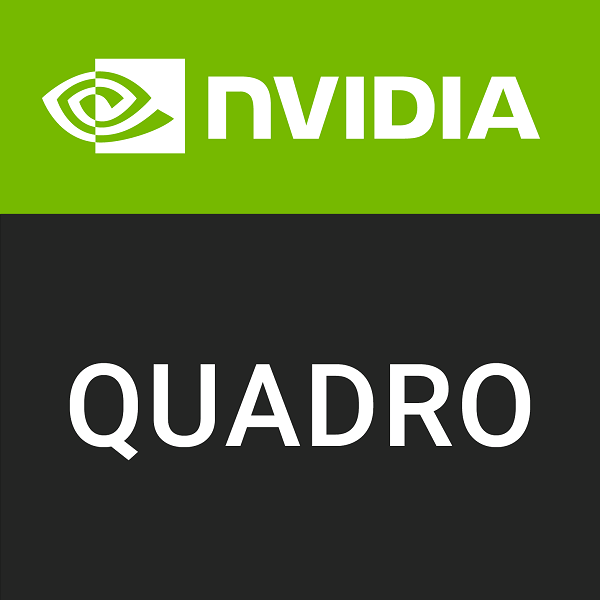Quadro P1000 vs L40
We compared two Professional market GPUs: 4GB VRAM Quadro P1000 and 48GB VRAM L40 to see which GPU has better performance in key specifications, benchmark tests, power consumption, etc.
Main Differences
Quadro P1000 Advantages
Lower TDP (47W vs 300W)
L40 Advantages
Released 5 years and 8 months late
Boost Clock has increased by 68% (2490MHz vs 1480MHz)
More VRAM (48GB vs 4GB)
Larger VRAM bandwidth (864.0GB/s vs 80.19GB/s)
17536 additional rendering cores
Score
Benchmark
FP32 (float)
Quadro P1000
1894
L40
+4679%
90520
Blender
Quadro P1000
155
L40
+2416%
3901
Graphics Card
Feb 2017
Release Date
Oct 2022
Quadro
Generation
Tesla Ada
Professional
Type
Professional
PCIe 3.0 x16
Bus Interface
PCIe 4.0 x16
Clock Speeds
1266 MHz
Base Clock
735 MHz
1480 MHz
Boost Clock
2490 MHz
1253 MHz
Memory Clock
2250 MHz
Memory
4GB
Memory Size
48GB
GDDR5
Memory Type
GDDR6
128bit
Memory Bus
384bit
80.19GB/s
Bandwidth
864.0GB/s
Render Config
5
SM Count
142
640
Shading Units
18176
40
TMUs
568
32
ROPs
192
-
Tensor Cores
568
-
RT Cores
142
48 KB (per SM)
L1 Cache
128 KB (per SM)
1024 KB
L2 Cache
96 MB
Theoretical Performance
47.36 GPixel/s
Pixel Rate
478.1 GPixel/s
59.20 GTexel/s
Texture Rate
1414 GTexel/s
29.60 GFLOPS
FP16 (half)
90.52 TFLOPS
1.894 TFLOPS
FP32 (float)
90.52 TFLOPS
59.20 GFLOPS
FP64 (double)
1414 GFLOPS
Board Design
47W
TDP
300W
200 W
Suggested PSU
700 W
4x mini-DisplayPort 1.4a
Outputs
4x DisplayPort 1.4a
None
Power Connectors
1x 16-pin
Graphics Processor
GP107
GPU Name
AD102
GP107-860-A1
GPU Variant
AD102-895-A1
Pascal
Architecture
Ada Lovelace
Samsung
Foundry
TSMC
14 nm
Process Size
4 nm
3.3 billion
Transistors
76.3 billion
132 mm²
Die Size
608 mm²
Graphics Features
12 (12_1)
DirectX
12 Ultimate (12_2)
4.6
OpenGL
4.6
3.0
OpenCL
3.0
1.3
Vulkan
1.3
6.1
CUDA
8.9
6.4
Shader Model
6.6


